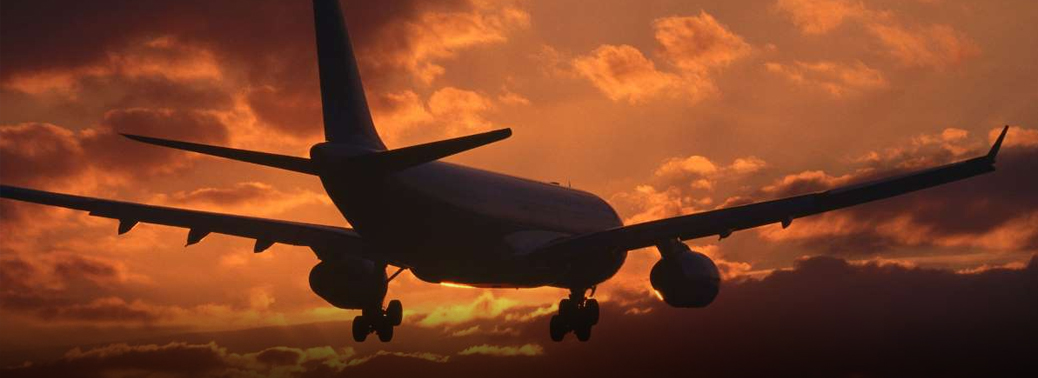PAKISTAN OPENS AIRSPACE; HOW THIS WILL IMPACT INDIAN AIRLINES?
16, Jul 2019

Prelims level : International Relations- India-Pakistan
Mains level : GS-II India and its neighbourhood- relations.
- Context: Pakistan opened its airspace for the first time since February 26. The country had imposed restrictions on its airspace in response to the non-military counter-terrorism airstrike by the Indian Air Force against terror camps in Balakot.
- A NOTAM, or Notice to Airmen, was last issued by the Pakistani Civil Aviation Authority closing the airspace.
- This was cancelled early on 16th July, effective around 1 am Indian Standard Time (IST). According to flight tracking portal Flightradar24, several inbound Air India flights from Europe were using routes passing through the Pakistan airspace to return to Delhi.
Impact Of Such Move By Pakistan:
- The move is expected to result in the reduction of flight times by around 70-80 minutes for flights that earlier used Pakistan’s airspace for transit.
- Indian carriers lost crores of rupees due to the restrictions that had resulted in longer flight times and higher fuel burns. Initially, Pakistan had completely closed its airspace. However, it later relaxed the restrictions on overflying the country partially. Out of the total 11 air routes in Pakistan’s territory, it has opened up two since March. One of these is westbound waypoint over Arabian Sea towards Karachi, Hingol, Gwadar, and the other one is eastbound over Karachi, Badin into Gujarat, India towards Ahmedabad.
Routes affected by Pakistan Restrictions on Airspace:
- The closure of routes affected hundreds of east-west flights flying over the subcontinent but westbound flights from airports in northern India such as Delhi, Lucknow, Amritsar etc have been worst affected.
- Due to the closure of routes that allowed westbound flights from airports in north India to enter Pakistani airspace — instead of taking a detour to Gujarat or Maharashtra and then turning right for Europe, North America or West Asia — most flights had seen their durations rise by at least 70-80 minutes. Air India’s flights from Delhi to Chicago had a planned stoppage in Europe for refuelling. Further, IndiGo’s flight from Delhi to Istanbul, which was to be the first non-stop flight on route by an Indian carrier was forced to make a refuelling stop at Doha. Similarly, SpiceJet, which was only Indian airline flying the Delhi-Kabul route had cancelled the flight.






